Progressive education belongs at U-High
A progressive education can not coexist with a traditional college preparatory experience, writes former Assistant Managing Editor Leland Culver.
I’ve spent 15 years at this school, run the gamut of grading, teachers, curricula and social experiences, so I’d say it’s reasonable to call myself an expert by experience in the Laboratory Schools model of education, and I’ve noticed some things.
Lab, you hail yourself as the torchbearer of progressive education, following in the footsteps of your founder, John Dewey (praise be unto he), to practice an educational method based on experiential, hands-on learning. In fact, you point to it so much that it’s a running joke in U-High. And I think that model is a good one, worthy to aspire to.
There’s a problem here, however. The experiential model that worked so well when I was little, that got me to love going to school because it meant exploration and wonder, broke down as I entered the higher grades. Lab, you’re trying to please two masters. Progressive education cannot coexist with a traditional college preparatory curriculum.
I don’t mean it can’t prepare students for college, even prestigious college. It will be harder, certainly; non-mainstream curricula are simply more difficult for colleges to evaluate, but it could be far more rewarding.
Moreover, having a progressive high school curriculum could cause Lab to draw interest not merely through prestige but also through unique experimentation. Lab is called “Lab” because it was Dewey’s educational Petri dish, and that’s part of how it became prestigious in the first place. Breaking away from the mold you seem so interested in following could boost your visibility, if you do it right.
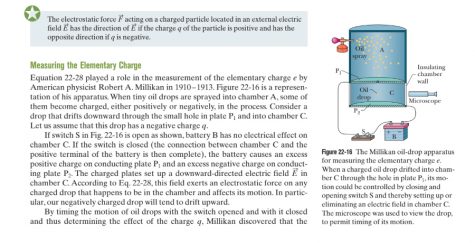
As an experiment, take a current high-level course, perhaps AT Physics I, and imagine it converted into a fully progressive curriculum. The current traditional class week has lecture periods, a lab period, a quiz and homework problems, with intermittent unit tests. The lab is the most progressive element we have already, so that will form the center of our new curriculum. Each week will be built around a multi-day lab activity that pushes students toward working out the laws that govern whatever they’re investigating. The teacher is there not as explainer but as a guide, able to nudge confused students back onto the trail they’ve wandered from. Instead of a weekly quiz, we can ask students to construct a theory of what they’ve discovered and demonstrate on a new example to the class. Since we already cover only a fraction of the homework problems in the book and they are already categorized by difficulty, students can instead be told to choose a few problems from each difficulty level, and the following Monday, when homework is due, each student either presents a problem they worked on and found interesting or a problem they had trouble with, which the class works out together. Finally, exams can be replaced with independent labs. Students group themselves and select a topic of study, and then conduct their experiments during the lab period and write up the results, which are scored holistically.
I am sure there are flaws in the curriculum I outlined above. I’m not trained in this, but I have lived most of my life at Lab and have seen the magic of exploratory, progressive-style classes similar to what I described fizzle out in a struggle to conform to what is expected of a college prep school. Only through the effort of my classmates and many wonderful teachers was even a semblance of that magic preserved.
Imagine a U-High where each year ends with a project built around a grade-level theme. Ninth-graders could develop a class-wide project focused on improving the school or otherwise looking forward to the rest of high school, sophomores could develop a capstone service project similar to the Boy Scout Eagle Project, juniors could be asked to make an individualized, reflective project, and seniors retain the traditional open-ended May Project. History classes could conduct more projects like the AT Euro “EU simulation.” Biology classes can use the university resources that younger grades have used for years, like Botany Pond and the garden.
Projects like these could even take advantage of the remote systems we’ve had to develop this year, enabling students to pursue long-term out-of-school endeavors without sacrificing much class time. So much untapped potential sleeps in the systems that U-High teachers have been developing independently and the systems that have already been developed for younger grades. It’s time to tap it.




















































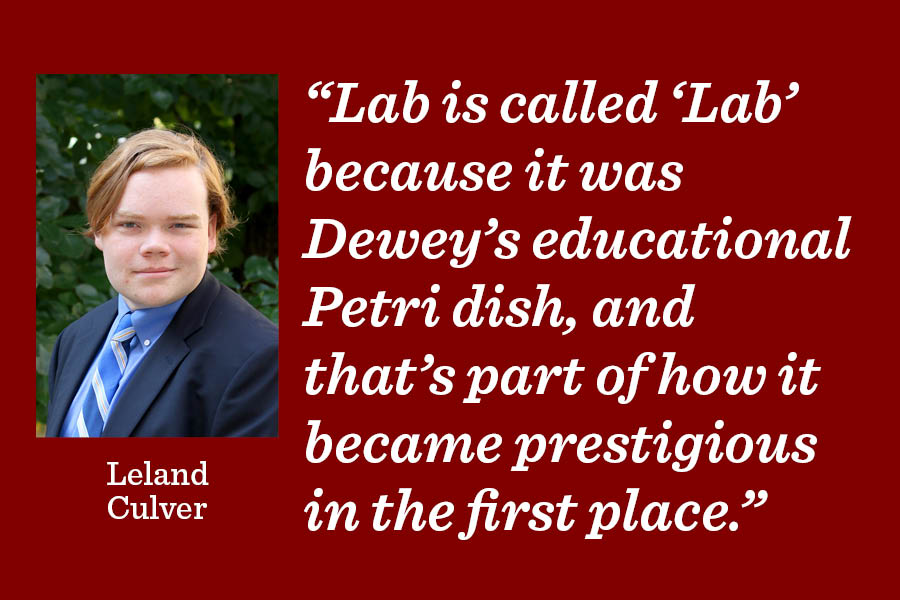
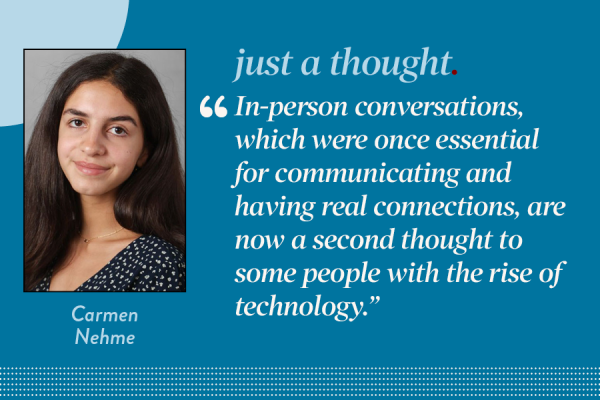
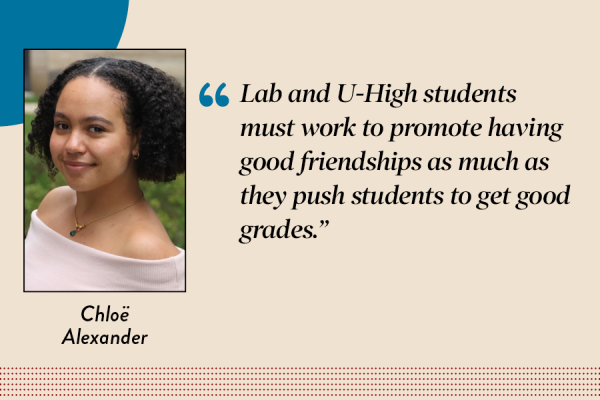
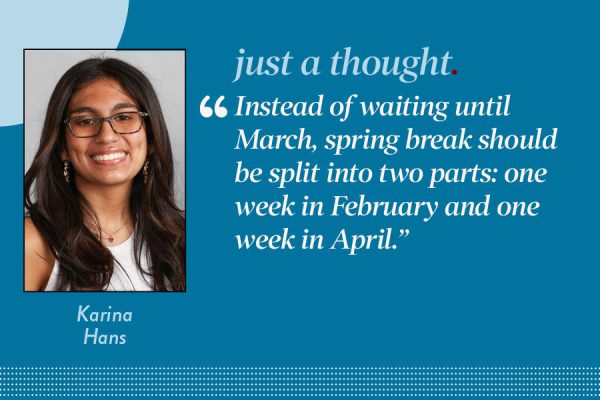
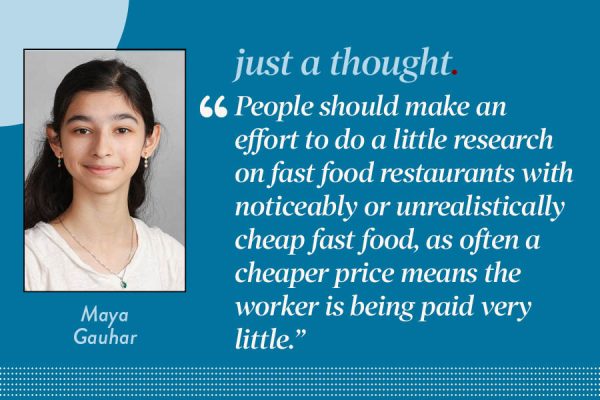


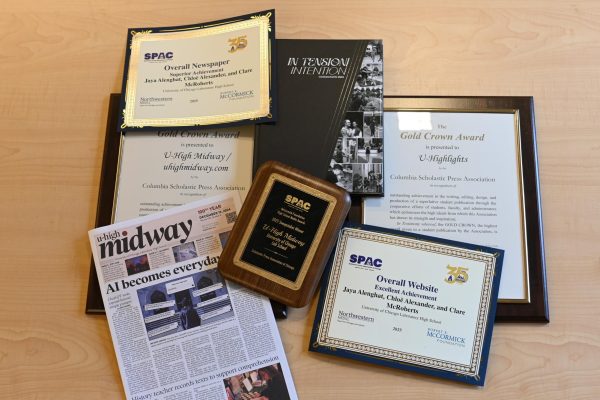

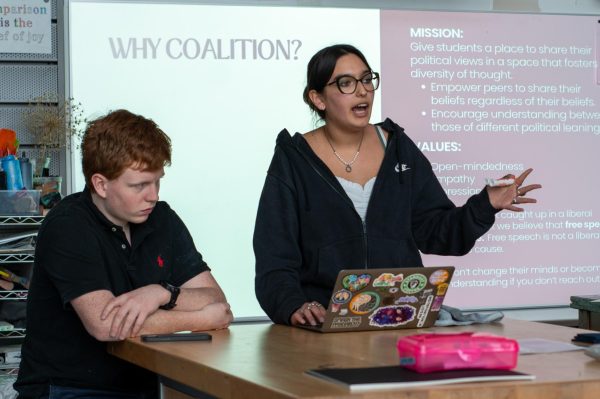
Christian Leuz • May 21, 2020 at 6:08 pm
This is a fantastic article and kudos to Leland for writing it. I only saw it today. But it captures and expresses very well what we have been struggling with at Lab ever since our children entered Middle School when the progressive arc starts to come down. I hope that many are reading this article and thanks for writing it.
Christian Leuz
Leeann Zouras • May 12, 2020 at 11:07 am
Hello,
Congratulations on this provocative opinion piece.
As a parent of a high school transfer student who came from an out-of-state progressive school, Lab’s promotional billing as progressive does not meet expectations. An experiential focus is clearly present in the lower grades, but it has been delivered inconsistently in my daughter’s U-High classes.
Rigor can take many forms if the desire to change exists. But this change must come from the top for teachers, parents and students to participate.
Thanks,
Leeann Zouras